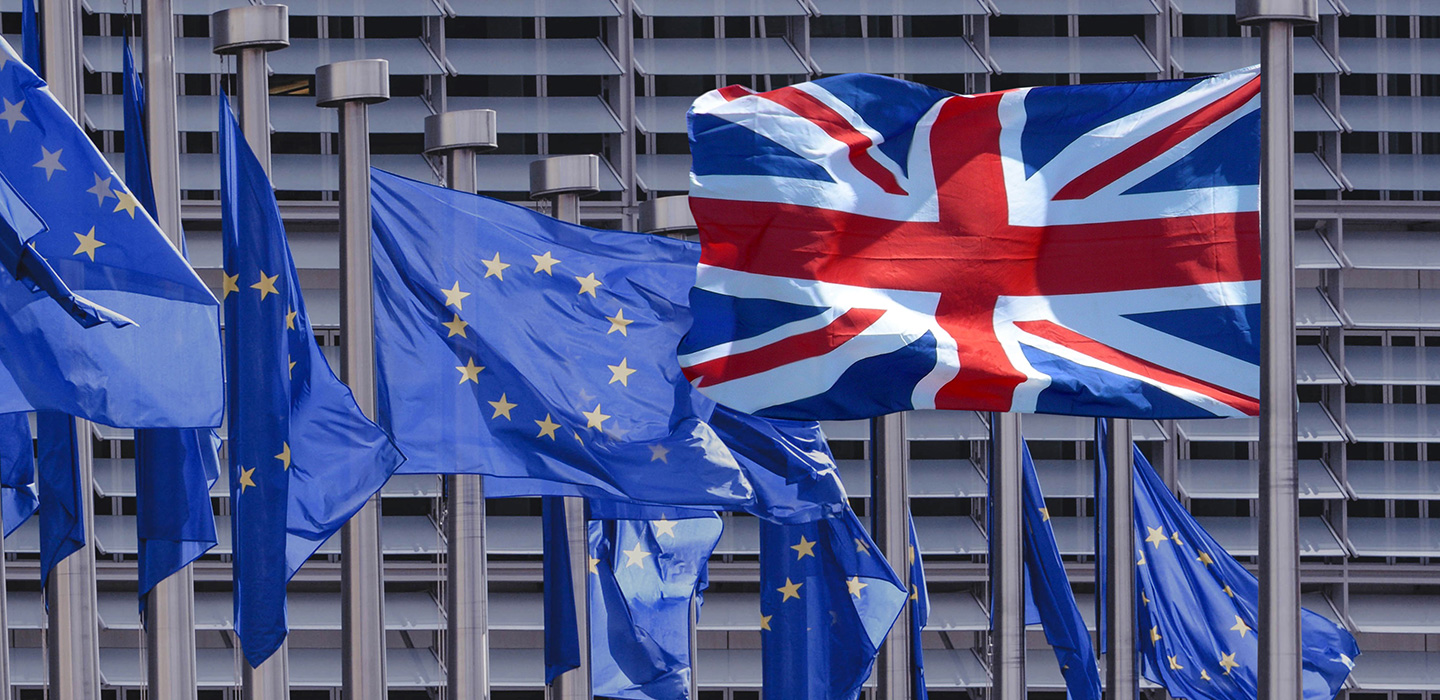The ripples from last month’s shock vote in the United Kingdom to leave the European Union are showing little sign of abating.
Almost everyone, everywhere – from political leaders to financial professionals – is struggling to figure out what the future will hold and what the impact will be for them. In the run up to the vote many doubted it would happen. Now that the voters have spoken, the reality appears that there is little if any plan to make it happen.
Despite the hullabaloo on the bleak future of a once united Britain, a more fundamental question centres on the time-honoured one-man-one-vote system.
Revisiting democracy
Democracy, as enshrined by the right of determination by all, has been the dominant model globally for most modern countries’ organisation and order.
The merit behind the principle of equal voting rights for all is compelling. It respects the sanctity of what it is to be human – to have a voice in how your society is ruled.
This principle has even been weaved into diplomatic relations, especially in how the West is dealing with the rest of the world.
To question the one-man-one-vote system is often taboo. To do so is to risk having critics brandishing labels like elitism, imperialism or even authoritarianism.
The Brexit paradox
However, let us look at the outcome of the Brexit referendum. The majority of British voters who turned out to vote decided that leaving the European Union is what the country should be doing.
This is not a freak result, yet the problem is voters may not fully actually understand the consequences of their choices.
In the wake of the vote a spike in Google searches was seen in the UK on basic questions like “what is the EU?”, even after the majority of British voters chose to leave it. Likewise media reports seemed to have little difficulty finding voters who said they wished they could vote again or change their vote – so they could vote to remain.
The weeks since the vote a petition to demand a second referendum gained over four million signatures. Among other things, the petition calls for the government to annul the vote if the remain or leave vote was less than 60% from a turnout of less than 75%.
As it was, the referendum saw a turnout of 72 per cent, with 51.9 per cent voting to leave the EU, and 48.1 per cent to remain.
Voting patterns were starkly split by region, and by demographics. The greater London area opted to remain and it is likely that the voters there are well to do and more mobile in work. In the northern industrial parts of England, the choice was overwhelming to leave the EU.
However the irony is that those voters who chose to exit are likely the ones who will suffer most if, as a consequence, the British economy falters. The very outcome of democracy can turn around and hit the voters back.
The one-man-one-vote is a good principle to uphold humanity. But has the solution become the problem?
The Trump card
Let’s take a look at the presidential nomination process on the other side of the Atlantic, in the United States.
The unexpected rise of Donald Trump as the Republican nominee is a most interesting phenomenon.
There is probably a confluence of many factors, like in the Brexit case, that led to Trump becoming the Republican Party’s nominee. These include the growing disdain of the establishment, the weakening economy and a widening socio-economic gap.
Trump has indeed played his card well to capitalise on these factors.
The open question is whether a Trump presidency – if voters support him over Democratic candidate Hillary Clinton – will hit the voters hard through a worse America.
Only the White House test will tell, but will it then be too late?
Learning from corporate world
Perhaps something can be learnt from how voting is done in other types of organisations by taking a lesson from the corporate world.
In the US several companies have a differentiated approach for voting power according to classes of shares. This is found in traditional corporations like Ford and Berkshire Hathaway and in younger giants of the internet world such as Facebook and Google.
Under this system, certain shares have higher voting powers than others. The intent is to sustain the original ideals and ideas of the companies arguably for their long-term good.
Even in Asia, the Chinese e-commerce giant Alibaba, now the world’s largest retailer, has a voting system for its board of directors where a group of some 30 original founders and supporters hold the exclusive right to appoint the majority of directors on the board.
Naturally, there are fierce critics of the so-called “dual class share” structure. There are merits on both sides of the story.
But in terms of outcomes, one can argue that companies following this model have been able to maintain their core business without risking usurpation by the shareholders of the day.
Thus a key question is: what is more important in any voting system – the means or the end? If the process leads to sub-optimal outcomes, should we still fight tooth and nail to preserve this process?
Certainly any tweak to a voting system is a very critical matter that has to be carefully considered. It can cut both ways and not necessarily benefit any incumbent power.
There are distinctive virtues for the one-man-one-vote system and it is probably hasty to throw this away overnight. But we can begin a productive discussion on alternatives or supplements.




